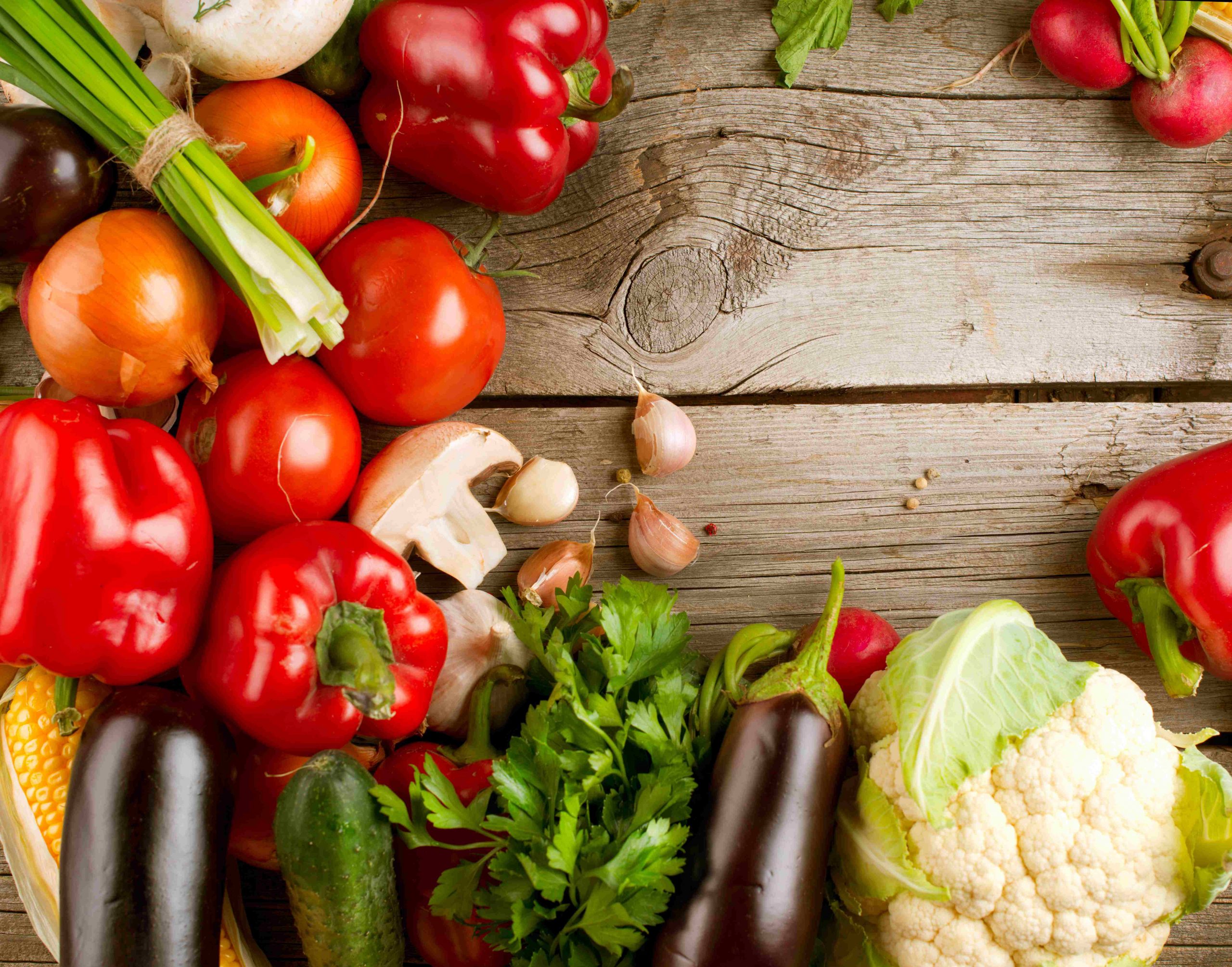New research on the correlation between exposure to heavy metals in food and the risk of cancer and other serious diseases was presented at the 2023 Risk Analysis Society (SRA) conference in Washington yesterday.
Food crops can absorb heavy metals from contaminated soil, air, and water. As a result, traces of metals such as lead, arsenic, and cadmium are found in common foods, from rice and cereals to nuts and spinach.
Incoming SRA president Felicia Wu gathered data on the dietary intake of these metals from various sources such as food and water samples and analyzed the strength of the association between dietary exposure and adverse health effects.
According to the study, lead, a toxic metal commonly found in old paint, water pipes, and contaminated soil is found in root vegetables like beets. The metal showed moderate to high risk scores for causing lung, kidney, bladder, stomach, and brain cancers, and also demonstrated moderate to high scores for non-cancer risks (hematopoietic, reproductive, neurological, renal, and respiratory effects).
Arsenic, a naturally occurring toxic element that can contaminate drinking water and food can be found in rice, wheat, and leafy green vegetables, among others. The study demonstrated moderate to high scores for skin, bladder, lung, kidney, and liver cancers. It also showed moderate to high scores for non-cancer risks (skin lesions, cardiovascular disease, immunological, neurological, reproductive, developmental, and renal effects).
Cadmium is a toxic metal included in nuts, potatoes, seeds, cereal grains, leafy green vegetables, and tobacco smoke. In the environment it is found in fertilizers and industrial emissions. In the study, cadmium revealed moderate to high risk scores for prostate, renal, bladder, breast, pancreatic, and endometrial cancers. It also showed moderate to high scores for non-cancer risks (renal, developmental, reproductive, immunological, and neurological effects). Wu also studied the exposure of commercial baby food to such metals and found that children aged 6 months to 5 years are the most exposed to cadmium as baby food is made of rice, spinach, oats, barley, potatoes, and wheat all which had cadmium exposures exceeding the maximum tolerable intake level set by the Agency for Toxic Substances and Disease Registry (ATSDR).
Another study Wu presented at the conference found that specific foods can be linked to higher cancer risk than others, such as rice, wheat, and leafy green vegetables due to metal exposure. Preliminary estimates showed over 6,000 additional cases of bladder and lung cancer and over 7,000 cases of skin cancers in the US annually which can be attributed to the consumption of inorganic arsenic.




